Background: The outcome of non-transplant eligible newly diagnosed multiple myeloma (NDMM) patients is heterogeneous, partly depending on frailty level. The aim of this study was to prospectively investigate the efficacy and safety of Ixazomib-Daratumumab-low-dose dexamethasone (Ixa-Dara-dex) in NDMM intermediate-fit patients. Methods: In this phase II multicenter HOVON-143 study, IMWG Frailty index based intermediate-fit patients, were treated with 9 induction cycles of Ixa-Dara-dex, followed by maintenance with ID for a maximum of 2 years. The primary endpoint was overall response rate on induction treatment. Patients were included from October 2017 until May 2019. Trial Registration Number: NTR6297. Findings: Sixty-five patients were included. Induction therapy resulted in an overall response rate of 71%. Early mortality was 1.5%. At a median follow-up of 41.0 months, median progression-free survival (PFS) was 18.2 months and 3-year overall survival 83%. Discontinuation of therapy occurred in 77% of patients, 49% due to progression, 9% due to toxicity, 8% due to incompliance, 3% due to sudden death and 8% due to other reasons. Dose modifications of ixazomib were required frequently (37% and 53% of patients during induction and maintenance, respectively), mainly due to, often low grade, polyneuropathy. During maintenance 23% of patients received daratumumab alone. Global quality of life (QoL) improved significantly and was clinically relevant, which persisted during maintenance treatment. Interpretation: Ixazomib-Daratumumab-low-dose dexamethasone as first line treatment in intermediate-fit NDMM patients is safe and improves global QoL. However, efficacy was limited, partly explained by ixazomib-induced toxicity, hampering long term tolerability of this 3-drug regimen. This highlights the need for more efficacious and tolerable regimens improving the outcome in vulnerable intermediate-fit patients. Funding: Janssen Pharmaceuticals, Takeda Pharmaceutical Company Limited.
Windows en Linux
Houdt de toets ctrl ingedrukt en draai het muiswiel omhoog of omlaag
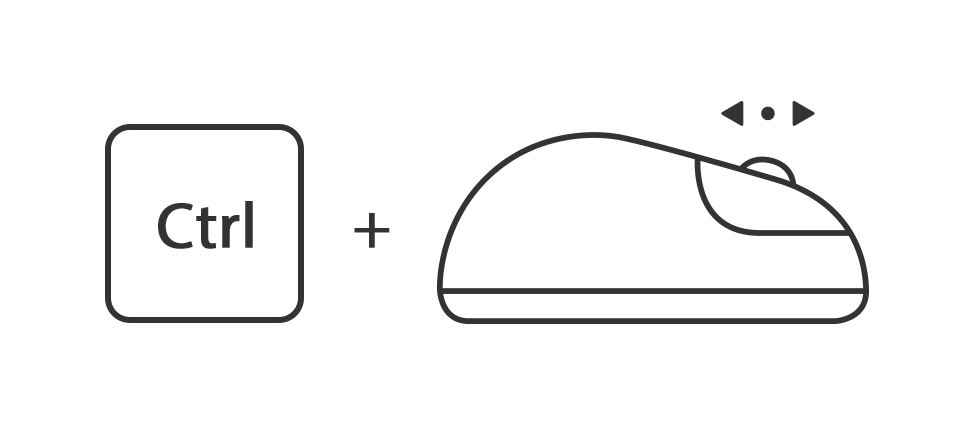
Of houdt de toets ctrl ingedrukt en druk tegelijk op de toets + of -
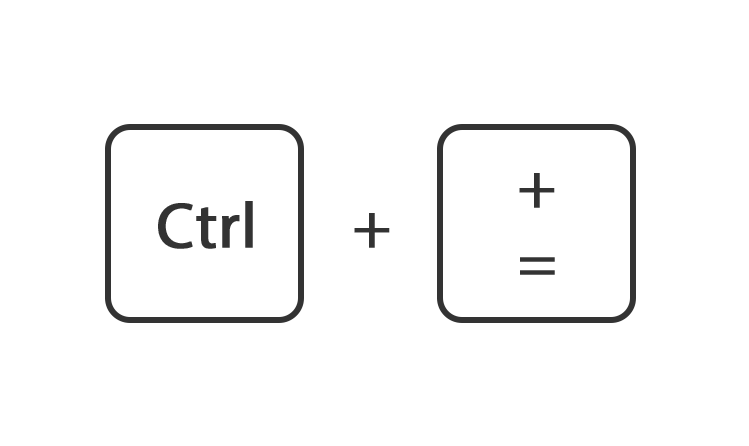
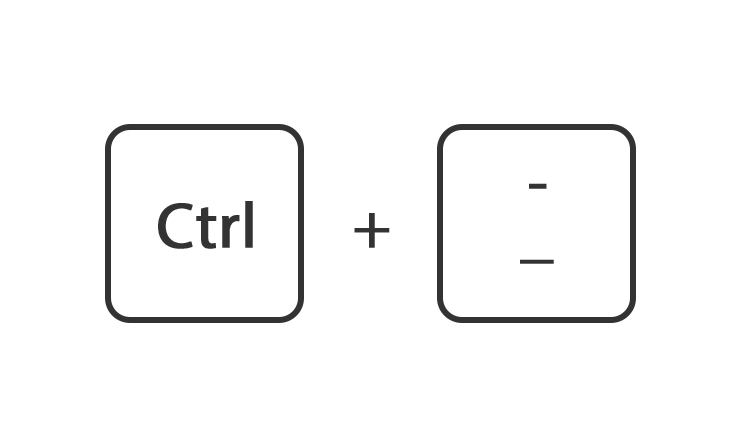
Of ga rechtsboven naar instellingen en gebruik de instelling zoom
Mac
Houdt de toets command ingedrukt en druk op de toets + of -
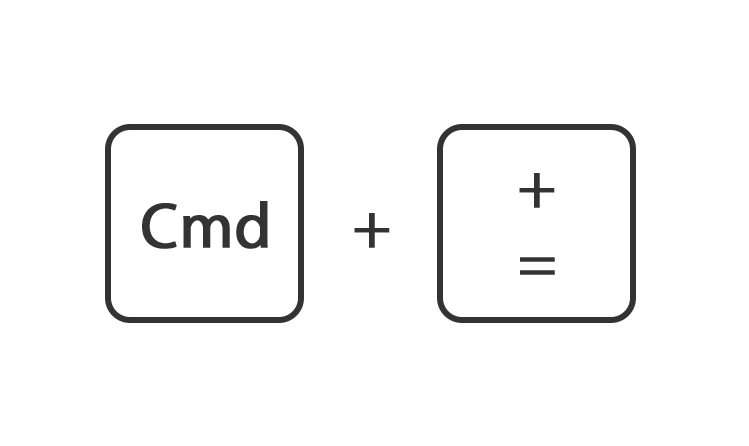
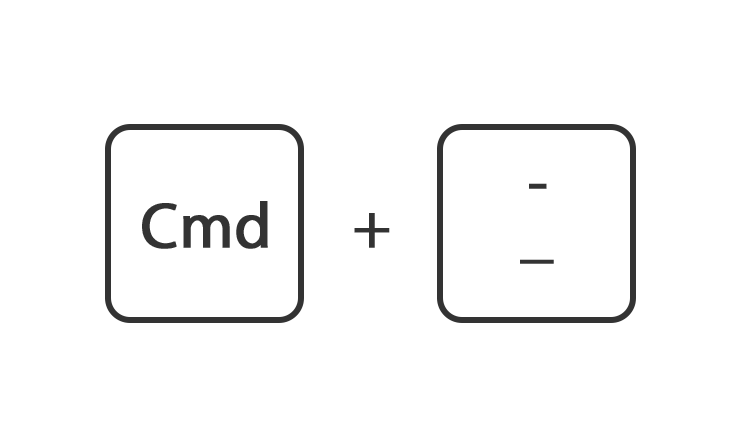
Of ga rechtsboven naar instellingen en gebruik de instelling zoom.